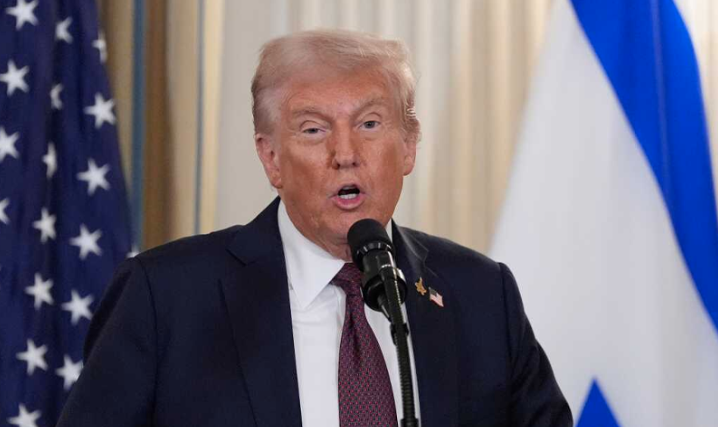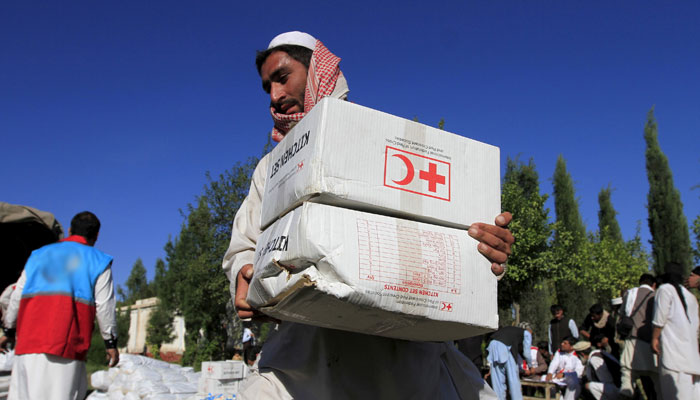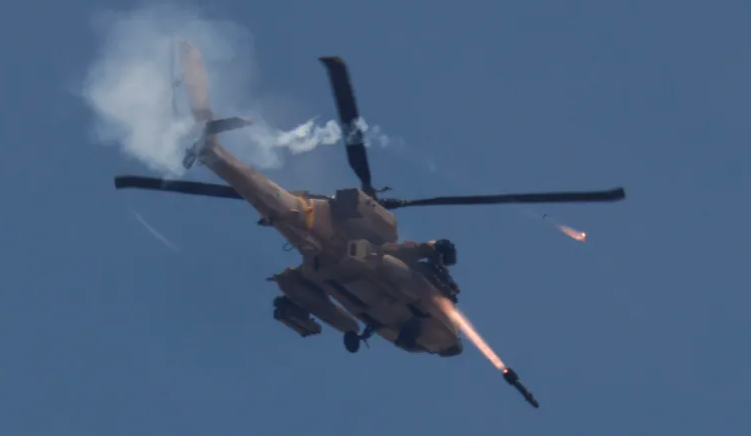WORLD NEWS

The United States has dropped its calls for a ceasefire between Israel and Hezbollah militants, instead backing Israel's military operations in Lebanon. This change comes after weeks of intensive diplomacy aimed at securing peace fell apart following Hezbollah leader Syed Hassan Nasrallah's assassination and Israel’s ground invasion of southern Lebanon.
The conflict, which began after Hezbollah’s missile strikes on Israeli positions following Hamas' attack on Israel on October 7, has escalated, with Israeli airstrikes severely weakening Hezbollah’s infrastructure. Despite initial efforts to push for a 21-day ceasefire, U.S. officials have now adopted a more pragmatic approach, supporting Israel's efforts to degrade Hezbollah’s capabilities.
State Department spokesperson Matthew Miller stated this week that while the U.S. previously sought a ceasefire, circumstances have changed. “We do support Israel launching these incursions to degrade Hezbollah's infrastructure so ultimately we can get a diplomatic resolution,” Miller said in a briefing.
This shift reflects the U.S.'s dual objectives of containing a broader Middle Eastern conflict while weakening Hezbollah, an Iranian-backed group that has long threatened Israel's northern border. Analysts warn, however, that this strategy carries risks, including the potential for a wider regional war.
Former State Department official Jon Alterman noted that the U.S. appears to be channeling Israel’s military campaign in a way that serves its strategic interests. "If you can't change the Israeli approach, you might as well try to channel it in a constructive way," he said.
A Pragmatic, Risky Approach
U.S. President Joe Biden initially reiterated the need for a ceasefire after Nasrallah’s assassination, but Israel pressed ahead with its ground invasion. U.S. officials quickly shifted their stance, offering full support for Israel's operations.
Aaron David Miller, a former U.S. Middle East negotiator, suggested the change in policy was driven by the realization that restraining Israel was unlikely and that there were potential benefits to supporting the campaign. “Let’s make a virtue out of necessity,” Miller explained.
The U.S. now sees the Israeli operation as a way to achieve two key objectives: weakening Hezbollah, Iran’s most powerful proxy in the region, and reducing Tehran’s influence in Lebanon. The pressure could also pave the way for political change in Lebanon, potentially leading to the election of a government less aligned with Hezbollah.
However, Jonathan Lord, a former Pentagon official, pointed out that this goal will be difficult to achieve, especially given the violent nature of the campaign. "Many Lebanese people bristle under the weight of Hezbollah's presence, but at the same time, this change is being foisted upon Lebanon through a very violent campaign," he said.
Long-Term Risks and Regional Concerns
While the U.S. hopes to enforce U.N. Security Council resolution 1701—mandating a U.N. peacekeeping mission to help the Lebanese army maintain a weapons-free border area—the ongoing conflict raises fears of a broader regional war. Experts caution that Lebanon could face devastation similar to Gaza, where Israeli military operations have left the enclave in ruins.
Despite these dangers, diplomacy seems unlikely to halt the fighting. Israeli Prime Minister Benjamin Netanyahu remains committed to pressing his advantage, seeing the conflict as an opportunity to strike a severe blow to Hezbollah.
As the world watches, the U.S. must now balance supporting its key ally, Israel, while managing the broader implications of the conflict, including the risk of it spiraling into a larger regional war involving Iran.




